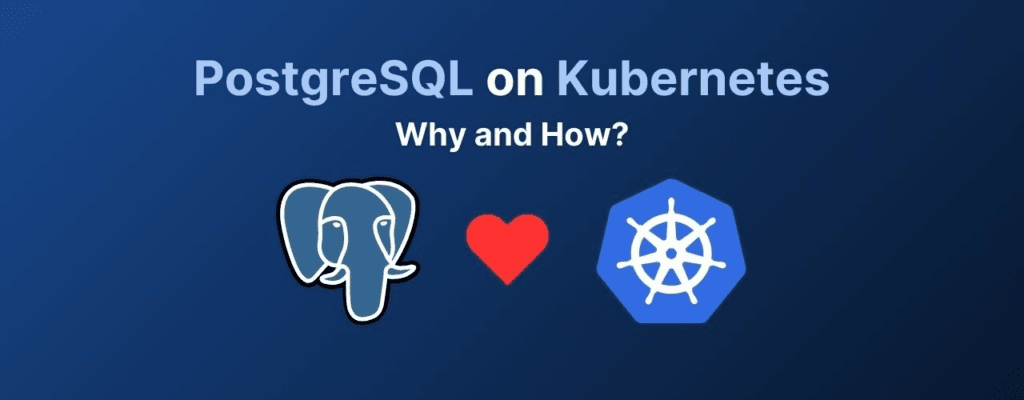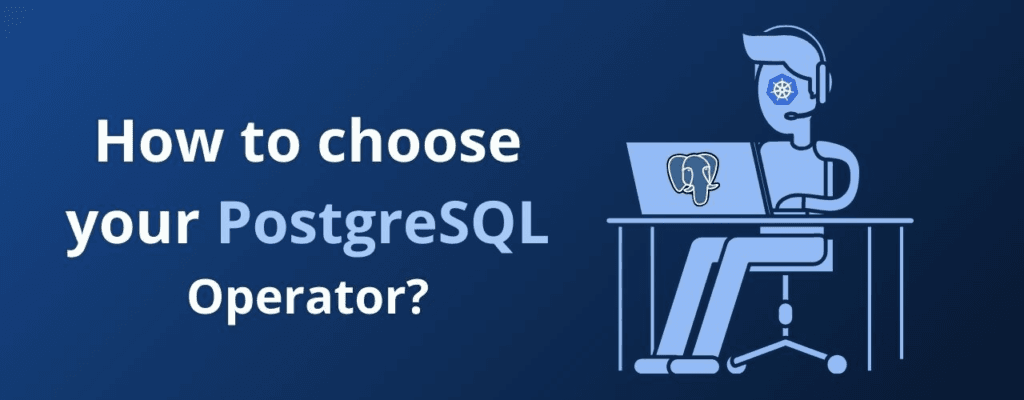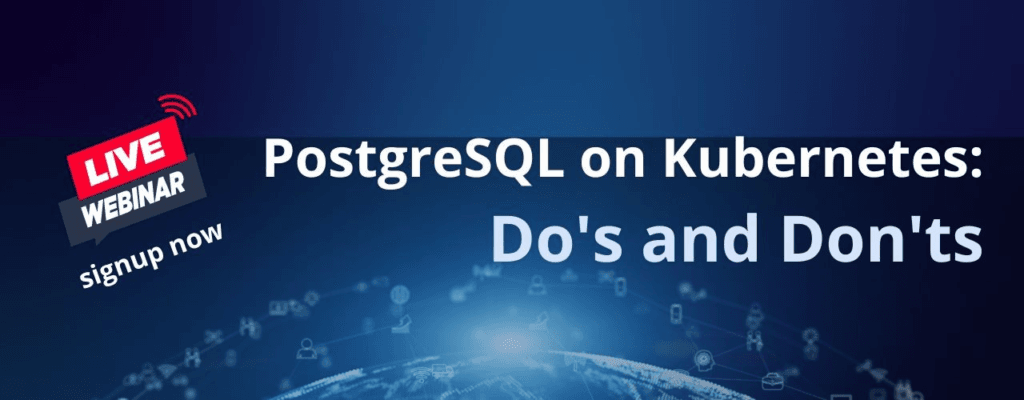Simplyblock Byte – Issue 2024-10/1

/Editorial/
Did you know that Amazon RDS instances can cost up to 100% more than equivalent EC2 instances? Or that RDS limits you to using only EBS volumes for storage, potentially leading to unnecessary costs for data that doesn’t require high-performance storage? These are some of the limitations of RDS that are pushing many organizations to explore alternatives, with Kubernetes being the leading option for database hosting. Our latest newsletter dives into why this shift makes sense, both from a cost and flexibility perspective.
We explore how Kubernetes allows you to:
- Avoid vendor lock-in for your mission-critical databases
- Choose from a wider range of storage options, including local instance storage for ultra-low latency and implement intelligent storage tiering to optimize costs
- Scale resources automatically and more granularly to match your exact needs
Simplyblock’s storage optimization suite is designed to enhance these Kubernetes deployments. Our solution enables thin provisioning, automatic tiering to S3 for cold data, and seamless integration with various storage types – all working in harmony with your Kubernetes environment.
Understanding these options is crucial for making informed decisions about your database infrastructure. I encourage you to read on and discover how simplyblock can help you leverage Kubernetes to achieve both performance and cost efficiency in your database operations.
Let’s break free from the limitations of RDS and optimize your database infrastructure together.
Rob Pankow, CEO, Simplyblock
/HotOffThePress/
Get all the news around simplyblock

Why would you run PostgreSQL in Kubernetes, and how?
“Normally, people ask, «Why would you run a PostgreSQL on Kubernetes?», but I believe that the question should be, «Why wouldn’t I run my PostgreSQL on Kubernetes?»” That’s what Álvaro Hernández Tortosa said at PGIBZ (pgibz.io) just a few weeks ago, and I think he’s right about that. But what do you need to think about? How do you need to configure it? Learn more

How to choose your Postgres Kubernetes Operator?
After convincing you that running PostgreSQL on Kubernetes is not only a good idea but a great one, the next question is what Kubernetes Operator you actually want to use. In this article, we’ll show you the important ones and help you with the selection. Learn more

Simplyblock Webinar: PostgreSQL on Kubernetes: Do’s and Don’ts
Running databases in containers has long been considered an anti-pattern. However, the Kubernetes ecosystem has evolved significantly, allowing stateful workloads, including databases, to thrive in containerized environments. With PostgreSQL continuing to rise as one of the world’s most beloved databases, it’s essential to understand how to run it on Kubernetes. This session will cover the key Do’s and Don’ts to ensure optimal performance and scalability. Learn more
/AroundTheWorld/
We love to share hot content from the community and ecosystem
#funny

Naming things is hard
Naming products, tools, features, functions, and variable names is hard. As developers, we know this by heart. Read more
#goodread

Step-by-Step Guide: Creating a Kubernetes Cluster on Raspberry Pi 5 with K3s
Kubernetes has a steep learning curve. Therefore, it’s great to have a way to learn, test, maybe destroy, and retry without a large monetary investment. Running a small Kubernetes cluster on Raspberry Pis brings you right into your own tiny home lab. Chinaza Otumba shows you how to set it up; step by step. Read more
#releases
- Oracle Cloud Native Environment 2.0: https://blogs.oracle.com/linux/post/oracle-cloud-native-environment-20
- PipeCD v0.49.0: https://github.com/pipe-cd/pipecd/releases/tag/v0.49.0
- Tembo Self-Hosted GA: https://tembo.io/blog/self-hosted-ga
- Argo Workflows 3.6: https://blog.argoproj.io/argo-workflows-3-6-aa037cd782be
- Yupiik BundleBee 1.0.28: https://github.com/yupiik/bundlebee/releases/tag/bundlebee-1.0.28
- pgt-proxy 1.2: https://github.com/ambarltd/pgt-proxy/releases/tag/v1.2
/JoinTheCloudCommute/
Find the latest episodes of the Cloud Commute Podcast by simplyblock
Cloud Commute Episode 31: Christina Lin from Redpanda
In this episode of Cloud Commute, Christina Lin from Redpanda Data discusses how Redpanda simplifies data streaming as an alternative to Kafka. She and Chris Engelbert explore its ease of use, cloud compatibility, and innovations like the BYOC service as a seamless Kafka alternative. Watch now
Cloud Commute Episode 30: Michael Schmidt from simplyblock
In this episode of Cloud Commute, Michael Schmidt, co-founder & CTO of simplyblock, joins us to discuss the innovation behind simplyblock. Michael shares his journey from consulting and leading major retail IT operations to the creation of simplyblock. Watch now
Upcoming Guests
You should subscribe now to not miss any new episode
- YouTube
- Spotify
- Apple Podcast
- Amazon Music
- Or your favorite audio podcast platform, simply search for “Cloud Commute”
/AtTheCloudFrontier/
Cloud Frontier Throwback to Episode 2: Mihai Mărcuță from NodeShift
Many companies, like Intel, operate their own data centers. Are they fully utilized at all times? No they’re not. Mihai Mărcuță from NodeShift explains how they managed to strike a deal with Intel (and other companies) reselling their free data center capacity and bring down your cloud cost along the way. Watch now
You should subscribe now to not miss any new episode
- YouTube
- Spotify
- Apple Podcast
- Amazon Music
- Or your favorite audio podcast platform, simply search for “Cloud Frontier”

Follow us now: simpyblock.io // LinkedIn // X // YouTube // Mastodon // Bluesky
